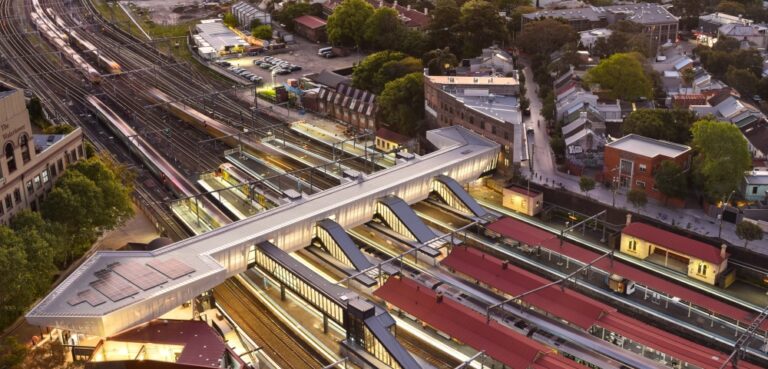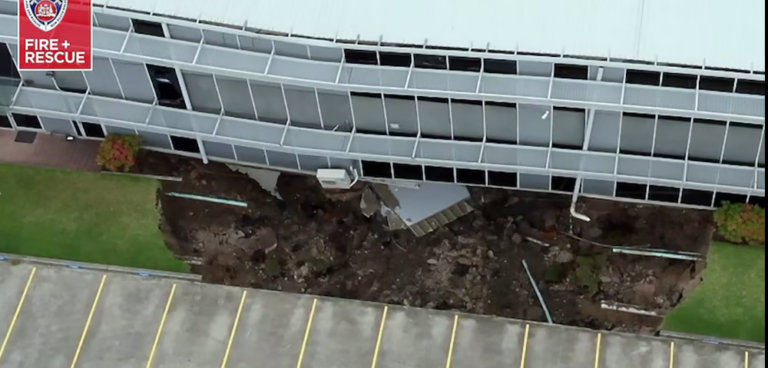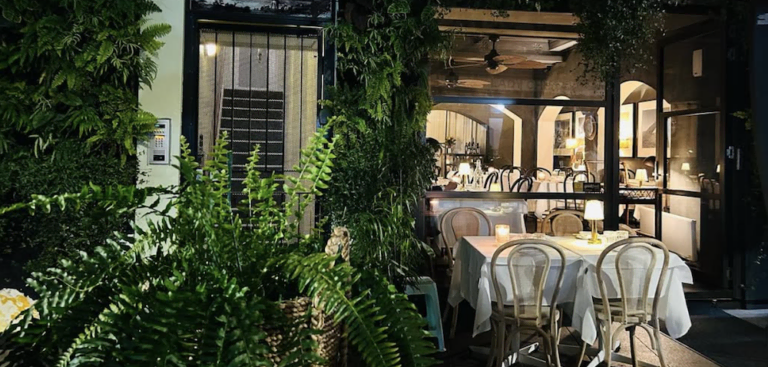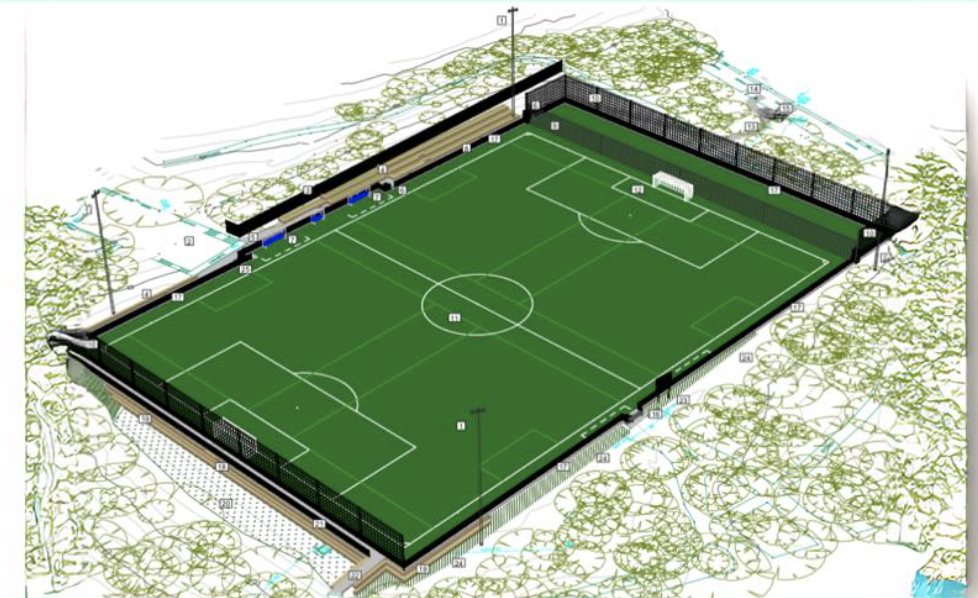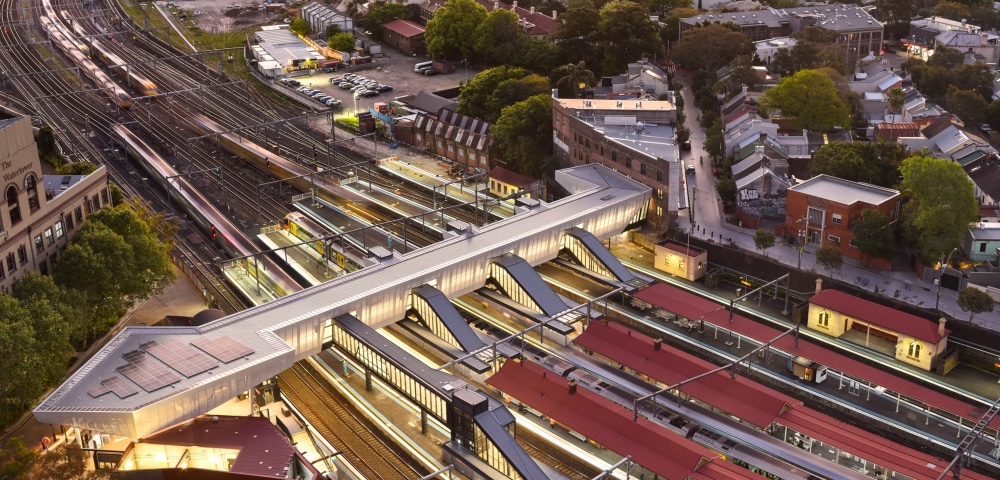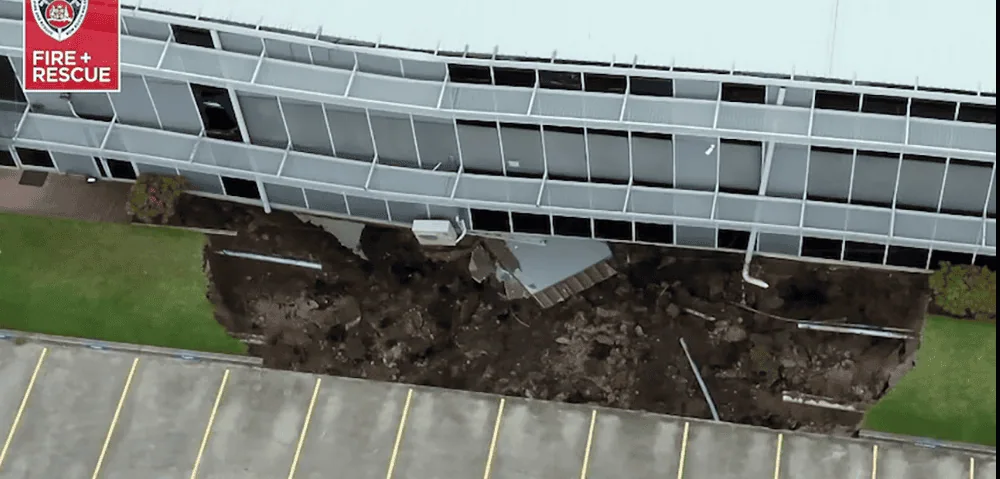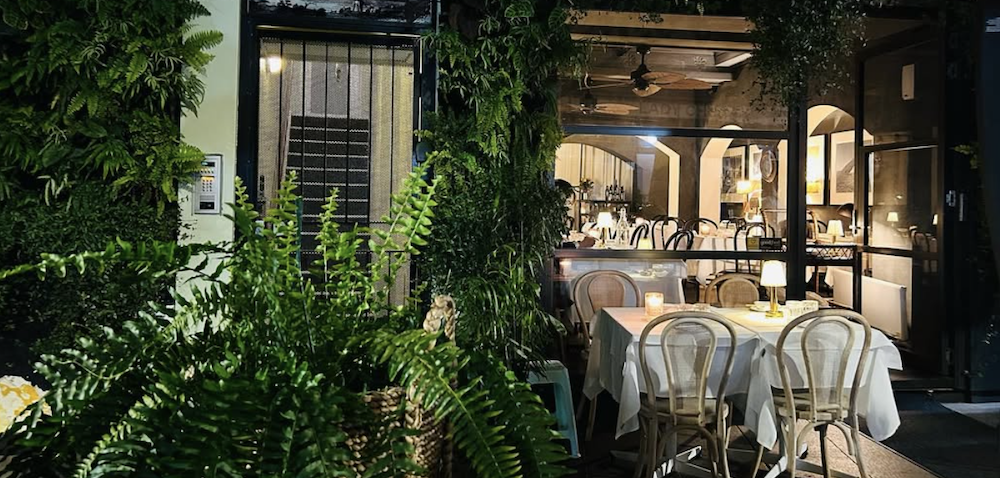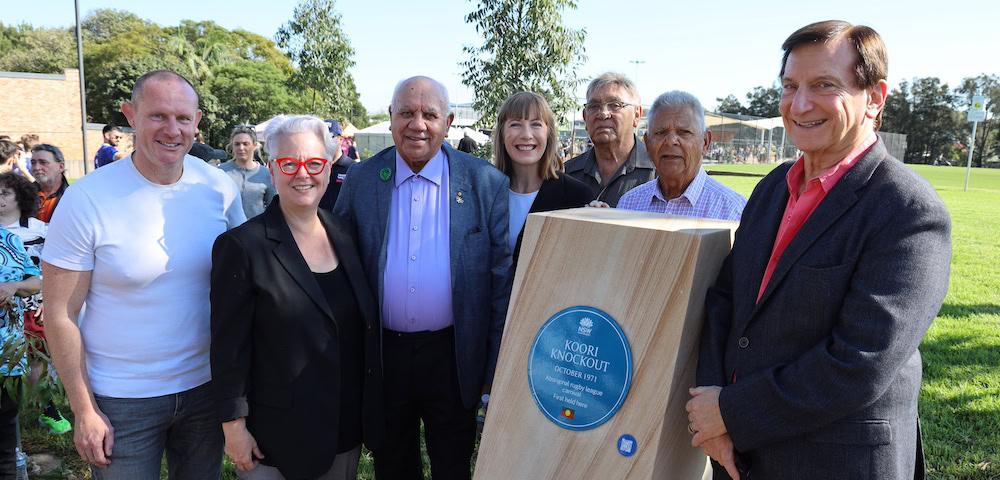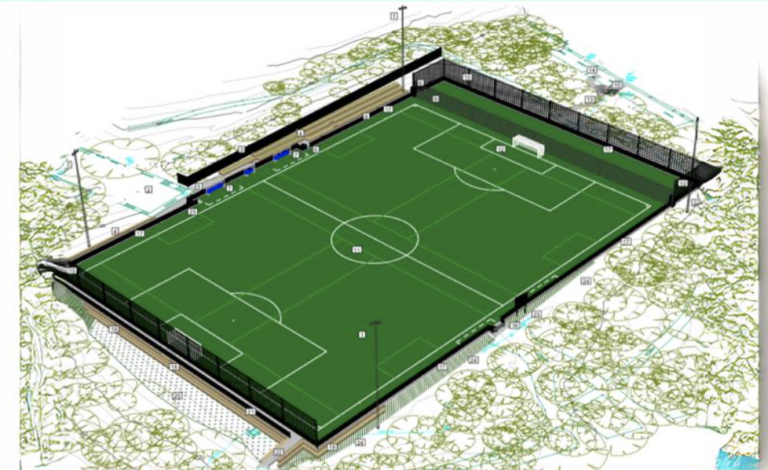
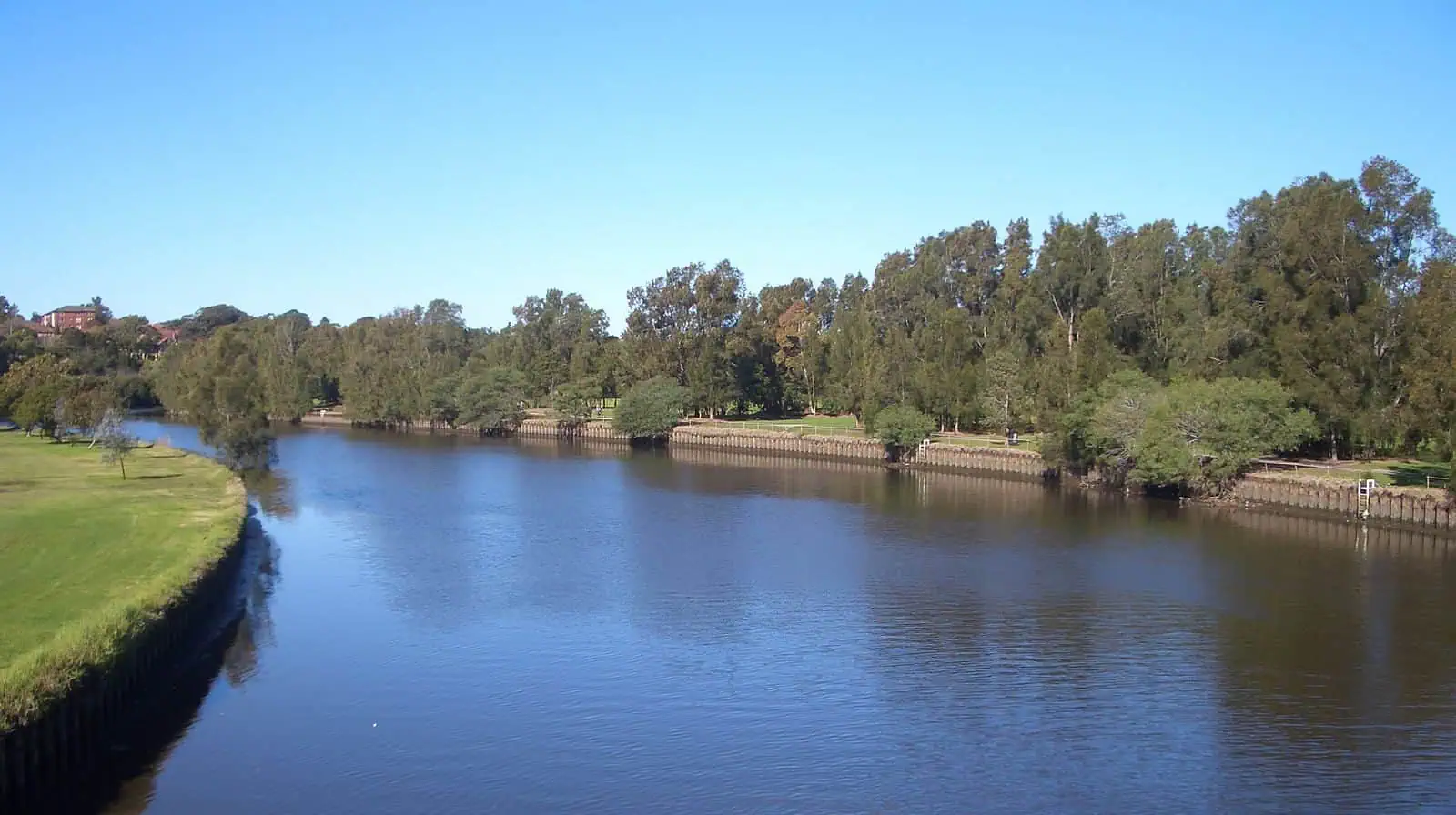
by ASPEN ABNER
The Cooks River Alliance has proposed renaming Sydney’s Cooks River to Goolay’yari, meaning “place of pelican dreaming” in local languages. This alliance includes Sydney Water and the councils of Bayside, Inner West, Strathfield, and Canterbury-Bankstown.
Cooks River begins in a park near Bankstown in Sydney’s southwest. It flows through Strathfield South and Tempe before entering Botany Bay in Sydney’s south. The river was named after the famous British explorer James Cook, who surveyed it in 1770. Early settlers named it around 1810, based on one of Captain Cook’s journal entries.
Dharawal man Gregory Andrews said, “It’s not really renaming; it’s giving back the name that it’s always had.”
He added, “It doesn’t detract from James Cook and all his achievements as a great explorer of his time.” Andrews explains that the river was important for the Aboriginal people as an escape route against British settlers.
“If James Cook had ‘discovered’ it today, he wouldn’t call it after himself. He probably would ask what it was called.”
This proposal is part of a broader movement to rename Australian landmarks. In 2021, the Queensland Government began the process to rename Fraser Island to K’gari. Goat Island in Sydney Harbour was renamed Me-Mel, and the island was transferred to Aboriginal ownership in 2023.
However, the alliance has yet to fully endorse the renaming to Goolay’yari. Outside the alliance, there are people opposed to the rebranding.
Kel Richards from Ozwords said the proposed name change was “unwanted, unnecessary, and unhelpful.”
He noted that three different tribal groupings occupied different parts of the river and argued there was no written language at that time, so there is no real evidence that Goolay’yari was a uniform name among the clans.
“The purpose of language is to communicate—we all know the established names,” he said.
“I don’t think it achieves anything except as part of a political campaign. These kinds of renamings have got nothing to do with culture, history, or geography; they are just political. They are just saying, ‘Australia doesn’t really belong to you; you don’t belong here; this is actually our place.’ I’m sorry, it belongs to all of us.”
Richards continued, “From Gunnedah to Gundagai, from Kurri Kurri to Oodnadatta, the place is filled with Indigenous names. We’ve been doing that respectfully for well over 200 years; we don’t need to change established names now. I suspect part of this is antipathy to James Cook, which is just stupid. In the first place, Cook didn’t name it.”
Captain Cook is one of the many figures from colonial history that have been targeted in recent years.
Leading up to Australia Day, vandals defaced and cut down a statue of Captain Cook. The statue in St. Kilda’s Catani Gardens was sawed off and spray-painted in red with “The colony will fall.”
In June this year, two people used an angle grinder in an attempt to chop off the feet of the 145-year-old statue of Captain Cook in Sydney’s Hyde Park.
Many are left divided on this potential rebranding, but Gregory Andrews has stated that the renaming is yet to be fully endorsed.
“It’s something the community would have to agree on first before going any further,” said Andrews.


